Loga: A stunning Russian folk theme park (PHOTOS)
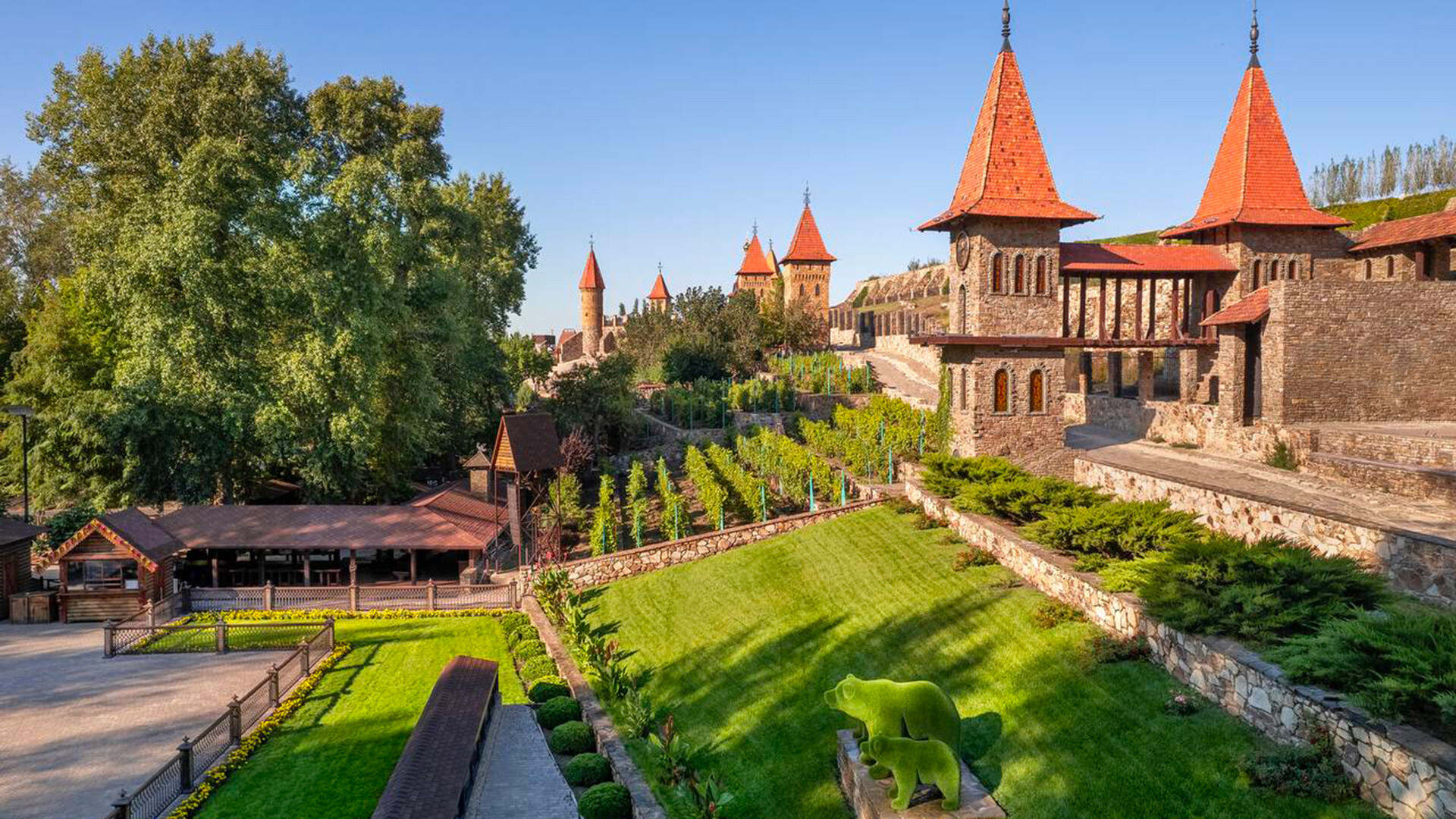
If you travel by car, the Loga Park is conveniently located on the way to the Black Sea seaside – this hamlet lies just three kilometers away from the M-4 ‘Don’ federal highway. But, the park has long grown beyond just a local attraction.
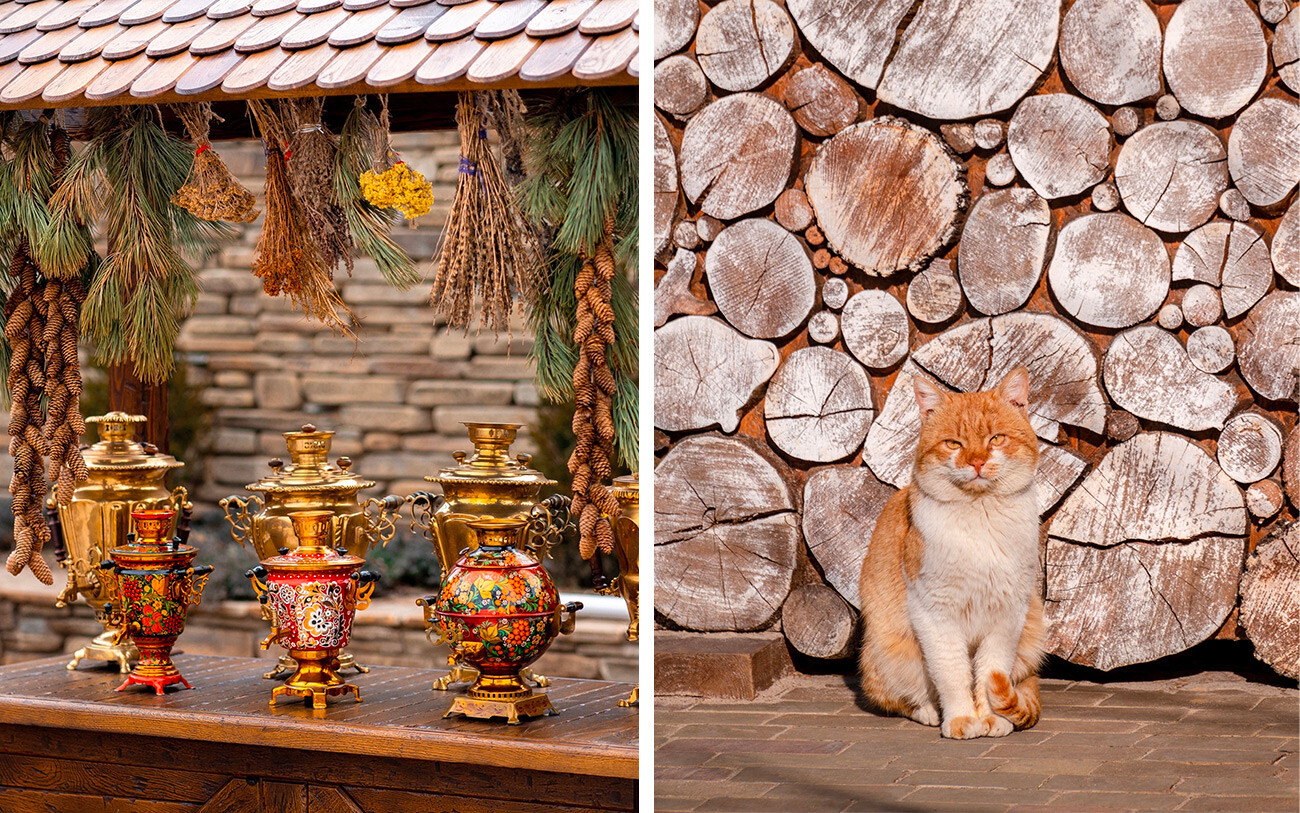
Tourists from all around the country come to see the “Russian folk-style Disneyland” or, as it’s also called, the Russian “Land behind the Looking Glass”. Over the course of more than ten years, a fairy tale kingdom has appeared in the place of a city dump.
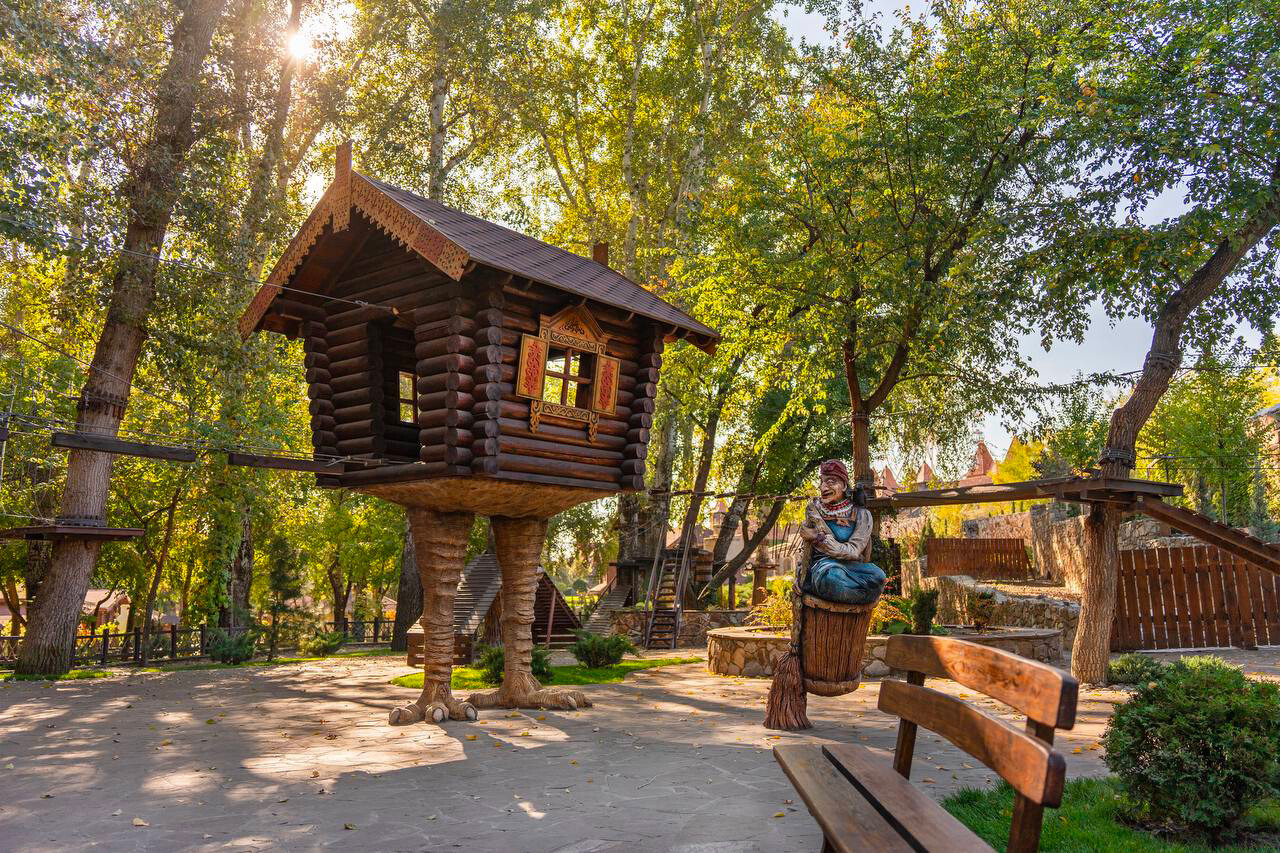
An arroyo (creek) or – as the locals call it – a “log”, lies right beyond the hamlet. Before, locals would go there for picnics, but, in the 1990s, the arroyo was overgrown with shrubs and litter, turning into an unofficial city dump. The history of the park at this place began with a local businessman named Sergey Kushnarenko, who, in 2012, decided to clean this place of litter. Back then, he wasn’t thinking about a park.
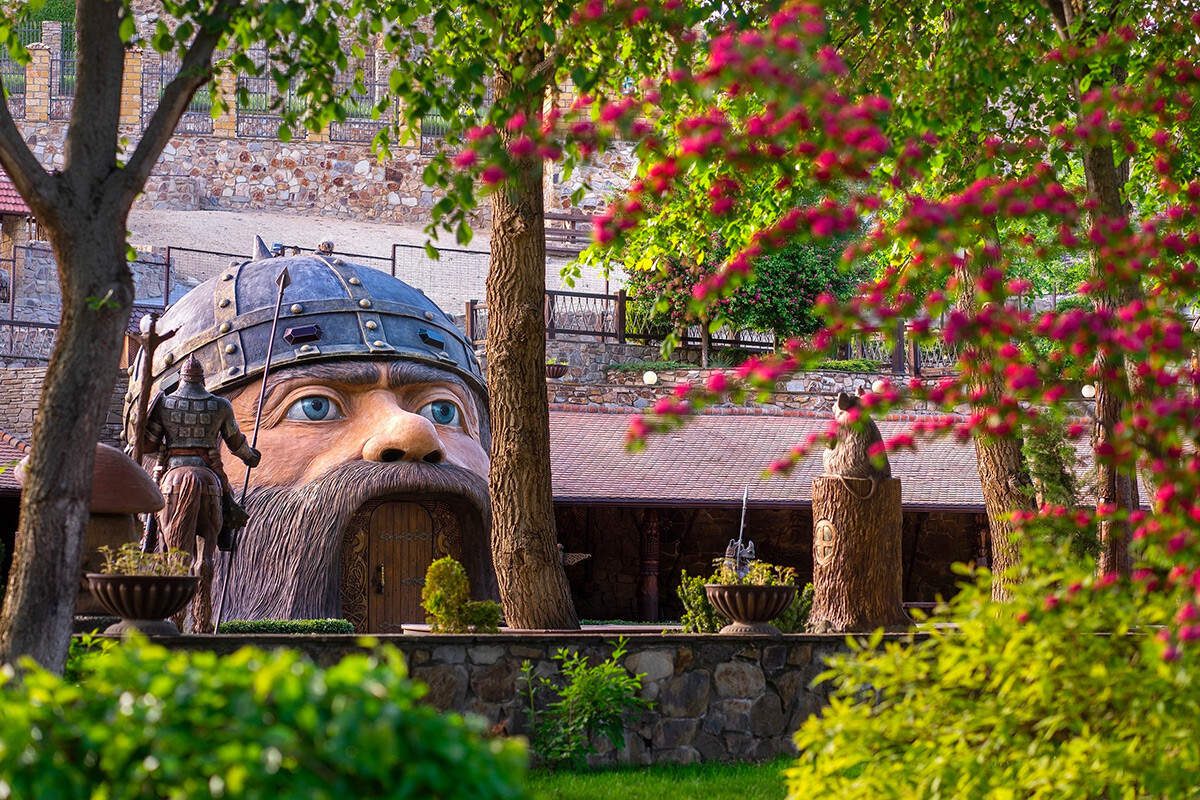
“Back then, we cleaned about 2,000 KamAz trucks worth of litter. When we were digging, a spring burst free and a little lake appeared. We decided to improve the territory a little – we decorated the lake with pebbles, put up some pavilions, built a sandbox… The inhabitants of Staraya Stanitsa all came – moms with prams, children,” Kushnarenko says.
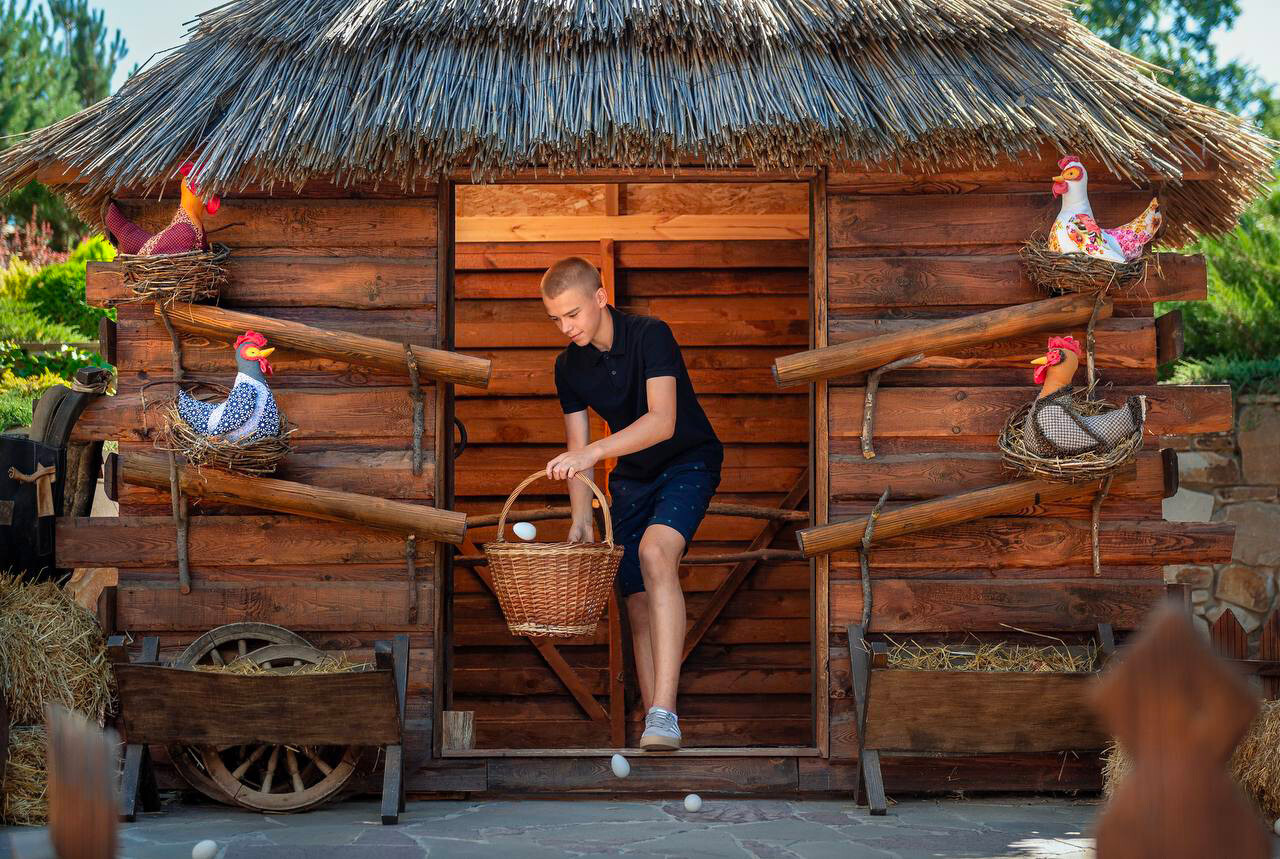
Today, the park already takes up more than 20 hectares. This giant territory is separated into several thematic zones. There is a ‘Bogatyr’ zone, where the colossal head of the giant Svyatogor meets guests; there are also ‘Baba Yaga’ and ‘Koschei the Immortal’ zones. Domovoys, Leshys and other mythological creatures comfortably occupy the trees, flowerbeds and benches. Everything is done in the same style of Russian folk tales.
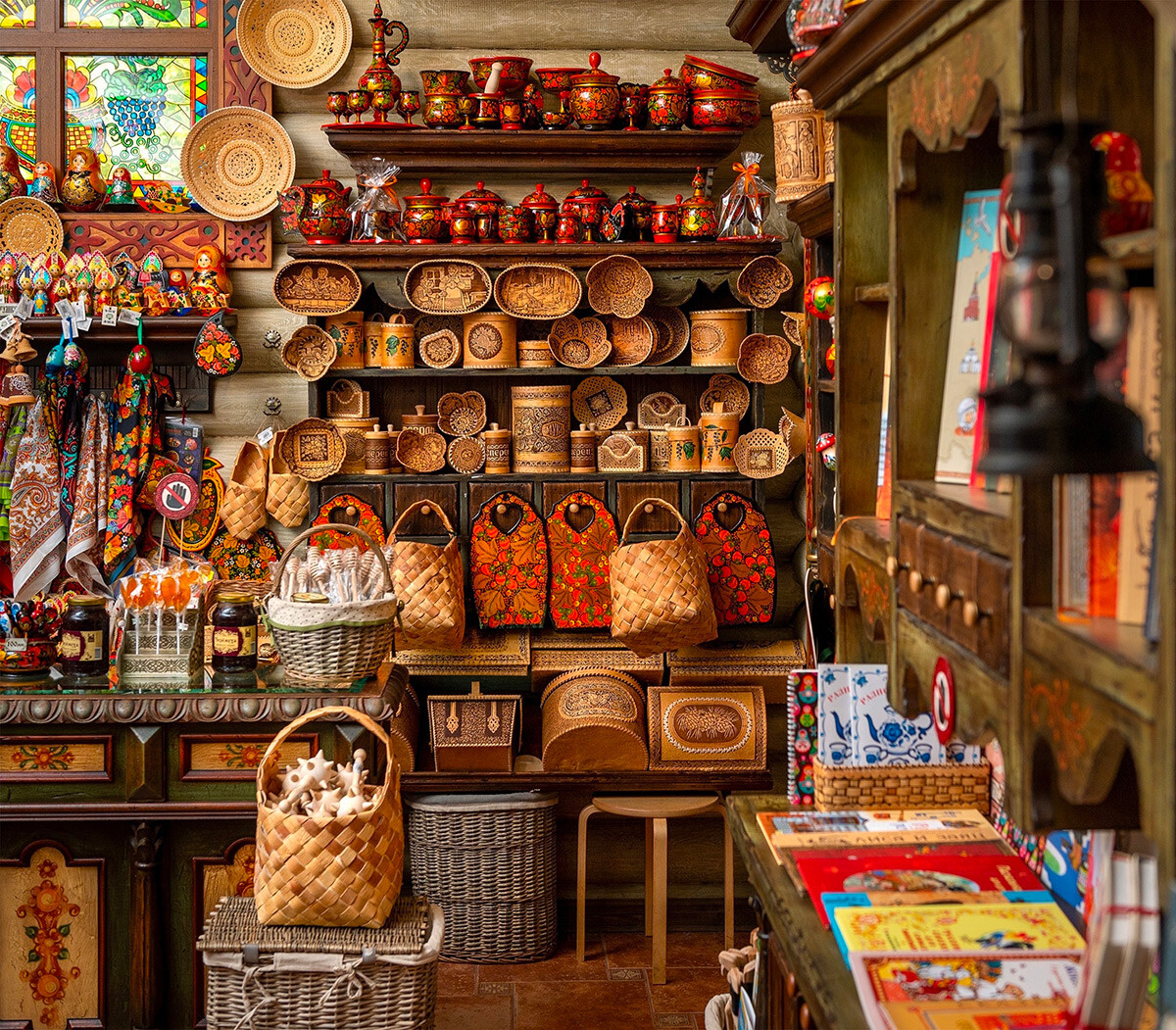
The park has its own fairground with a samovar fountain, ponds with golden carps and swans. There’s also the local “Land behind the Looking Glass” – a zone with distorted mirrors, a “wedding yard” where wedding ceremonies are held in the ancient Russian style and a real operational Orthodox church.
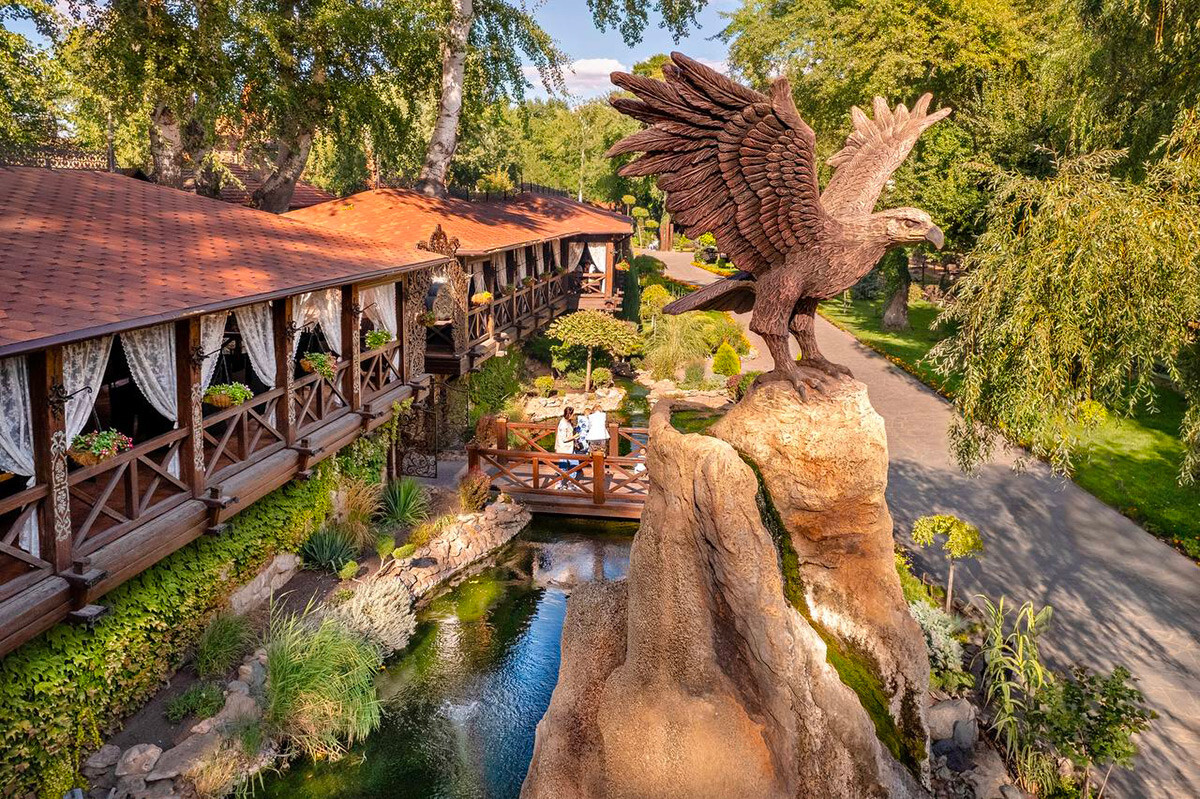
Meerkats, porcupines, squirrels, peacocks, deer and other animals – all this wildlife can be found at the park’s zoo: in open enclosures during summer and in warm buildings during winter.
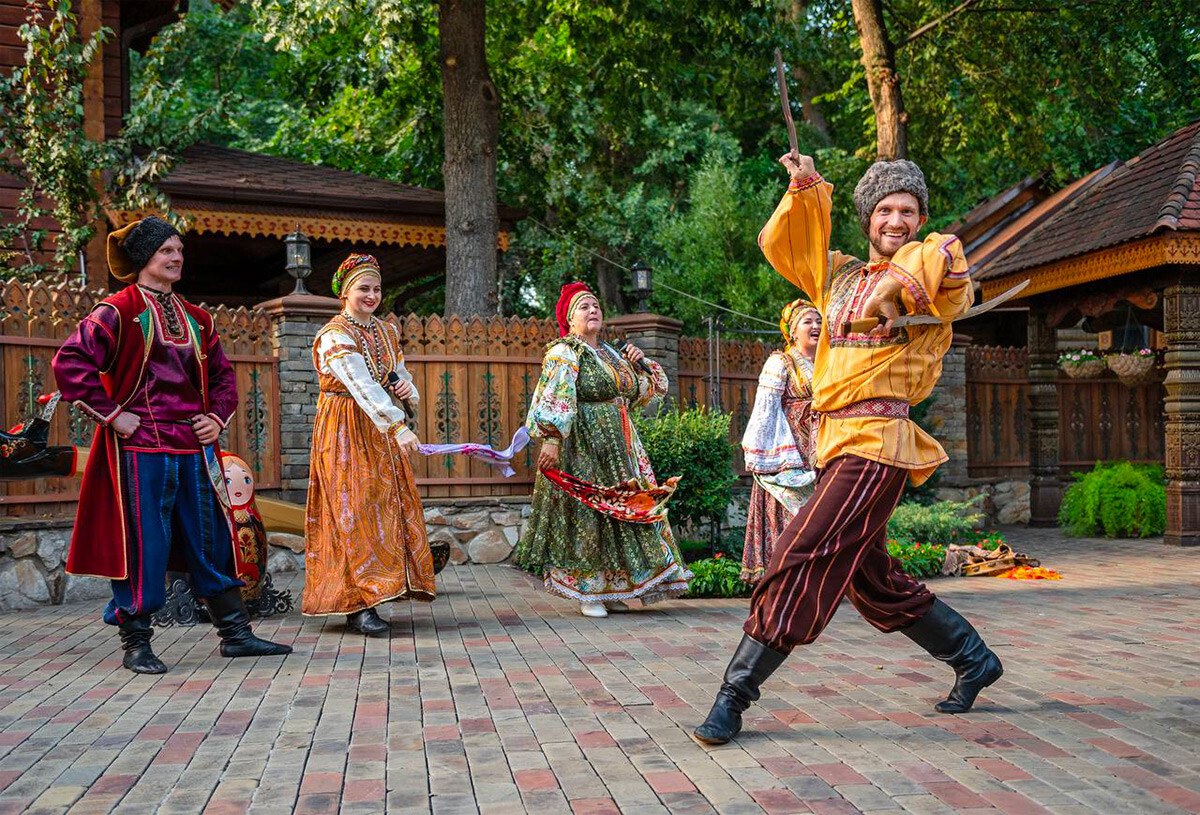
Several restaurants, coffee houses and diners operate on the territory of the park. There’s also Russian-style fast-food – bogatyr burgers!
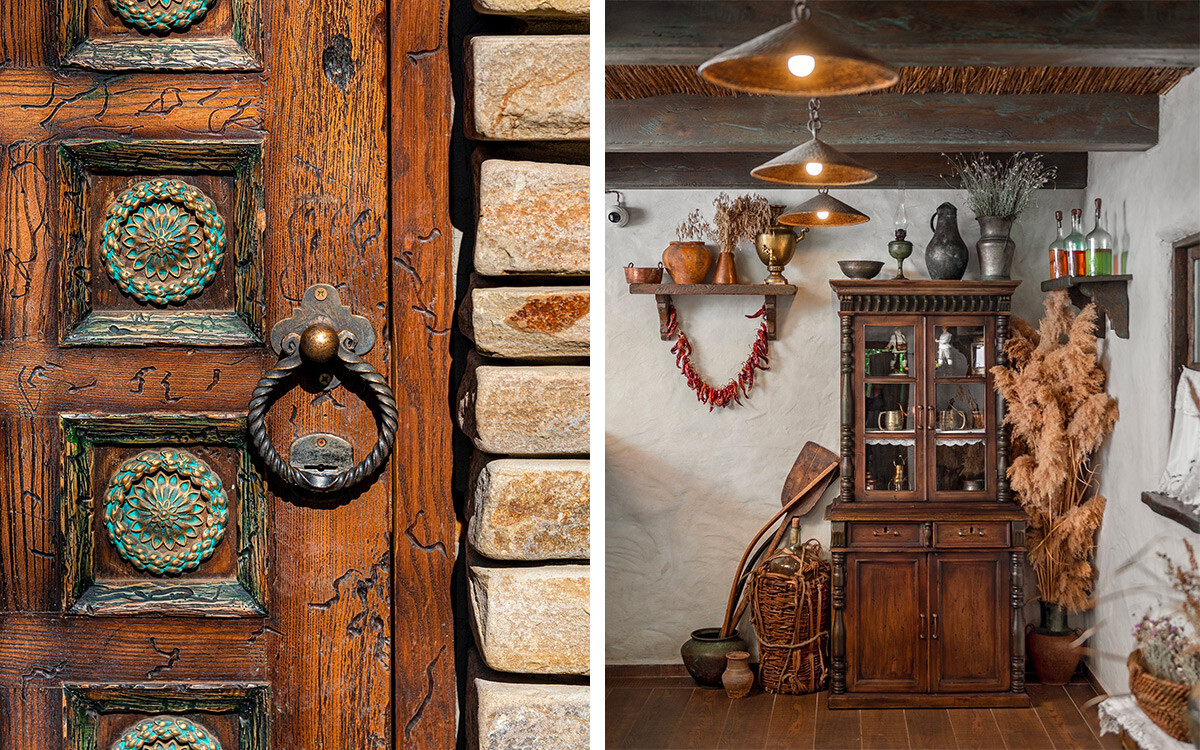
All the architecture and displays here are hand-made: the park’s own carpentry and blacksmith workshops work on its territory, as well as a woodworking workshop, artistic painting and stained glass making workshops.
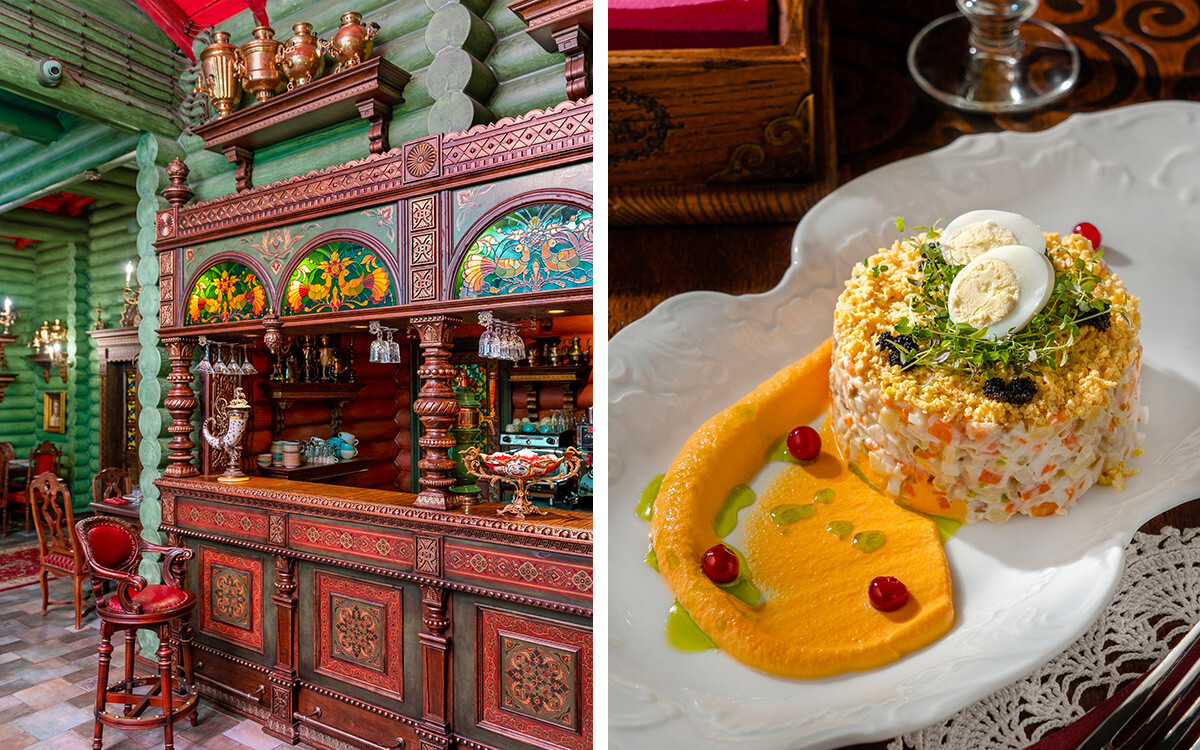
The craftsmen of the park themselves built a castle with a tower in the center of the park. The tower has a giant clock with a striking mechanism; there’s a mini “tsar” inside. Every hour, he comes out to show himself to the people. The tsar is an electromechanical robot, synchronized with the clock via satellite.
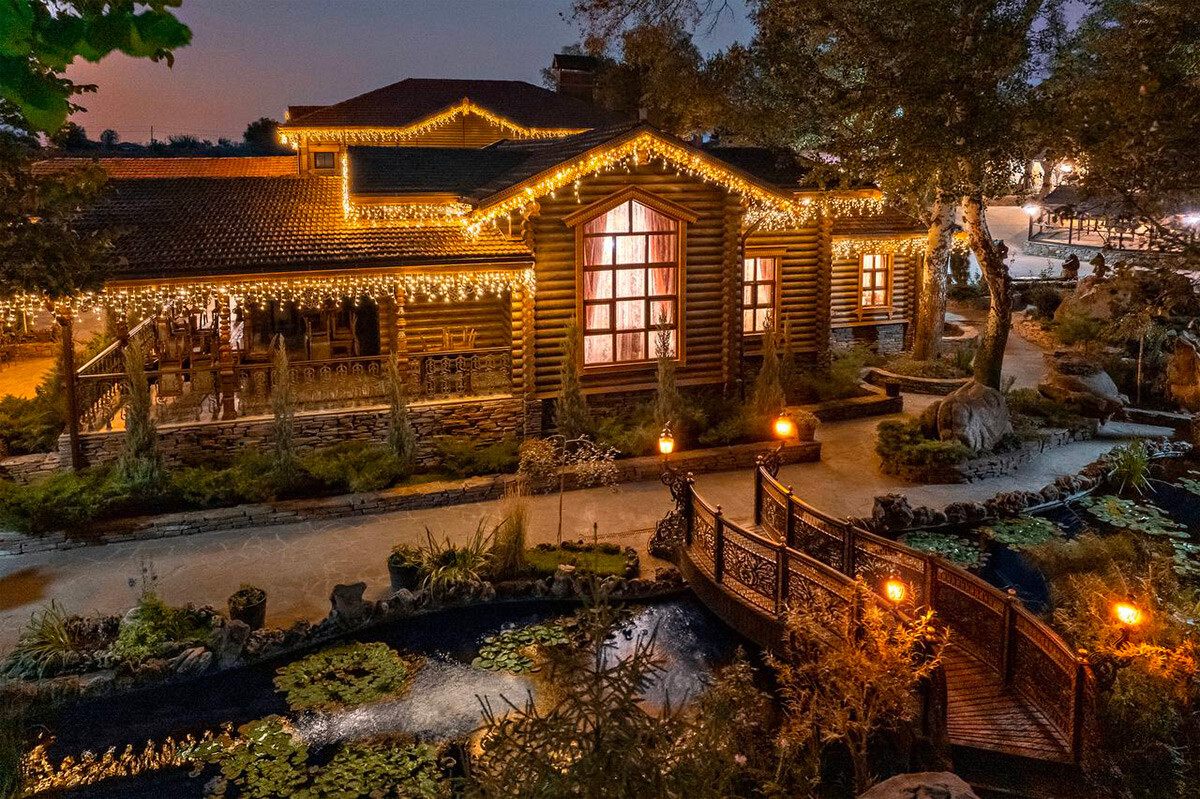
“Our engineers have developed a mechanism, thanks to which the tsar rolls out and ‘greets’ the people; my sister Yekaterina wrote the texts, a narrator voiced them and all of this was then put together,” Kushnarenko says.
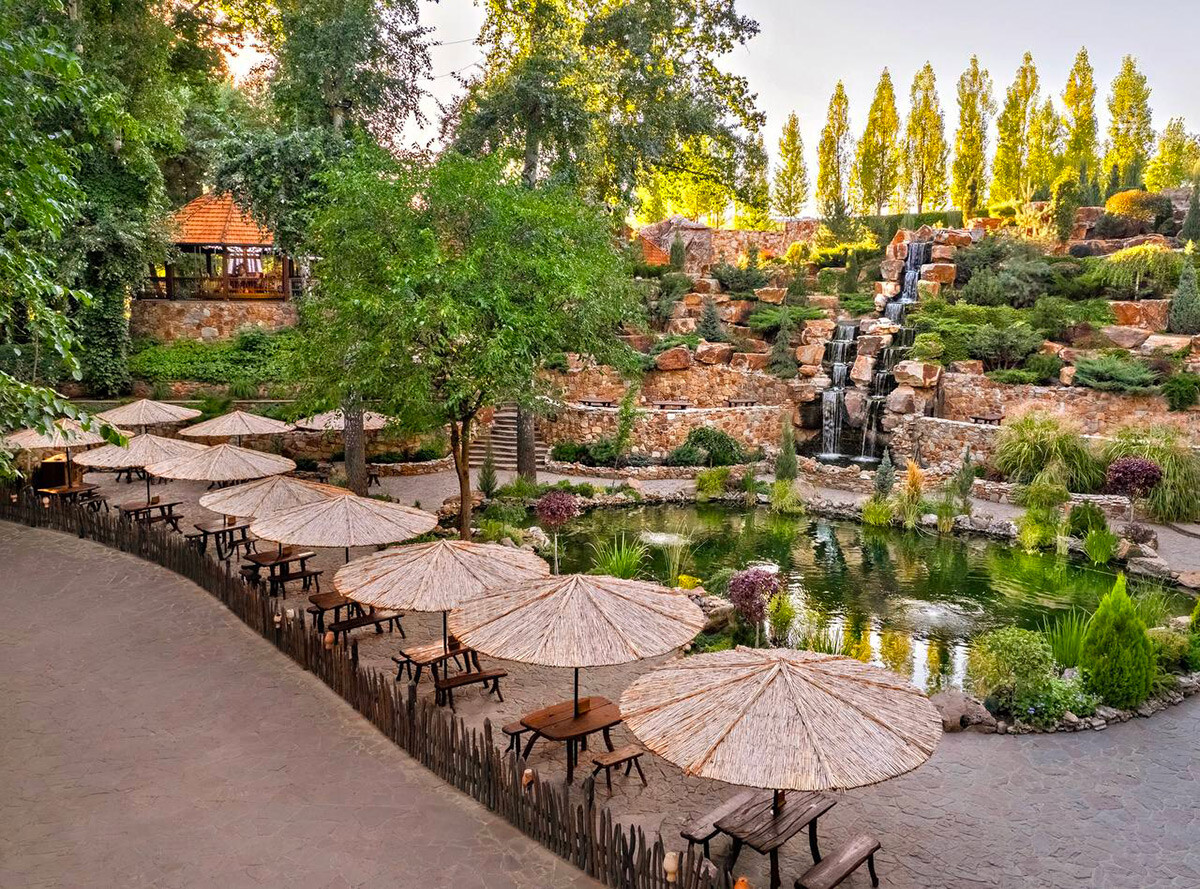
For the Kushnarenko family, the park became not just a family business (almost all members of the family are engaged in managing and developing the park), but also their main hobby – and, over the course of more than 10 years, it’s only growing in size.
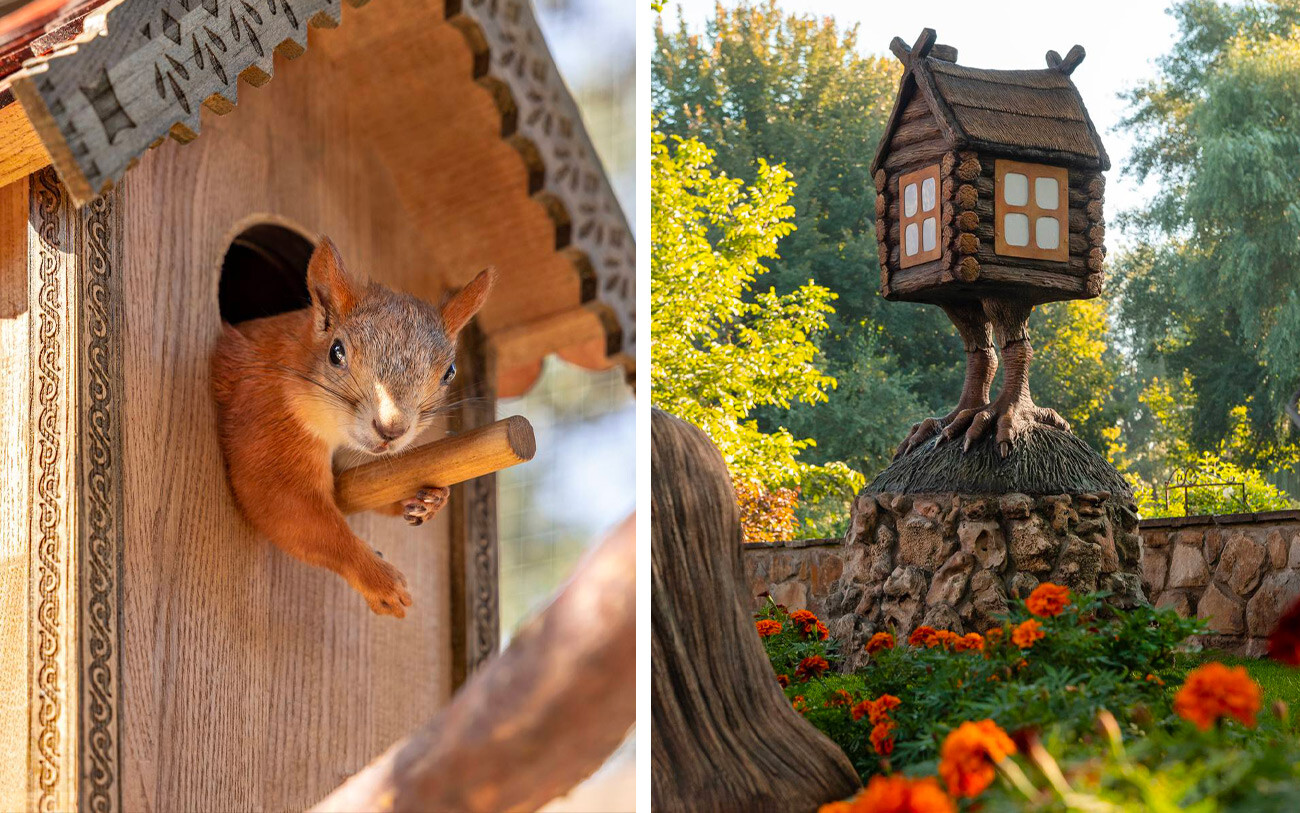
For example, a 28-meter-tall Ferris wheel towers over the entire territory of the park today, which will be opened along with an amusement zone and a hotel. The construction of a ethnic Cossack village is also planned – with stables and Cossack crafts master classes.
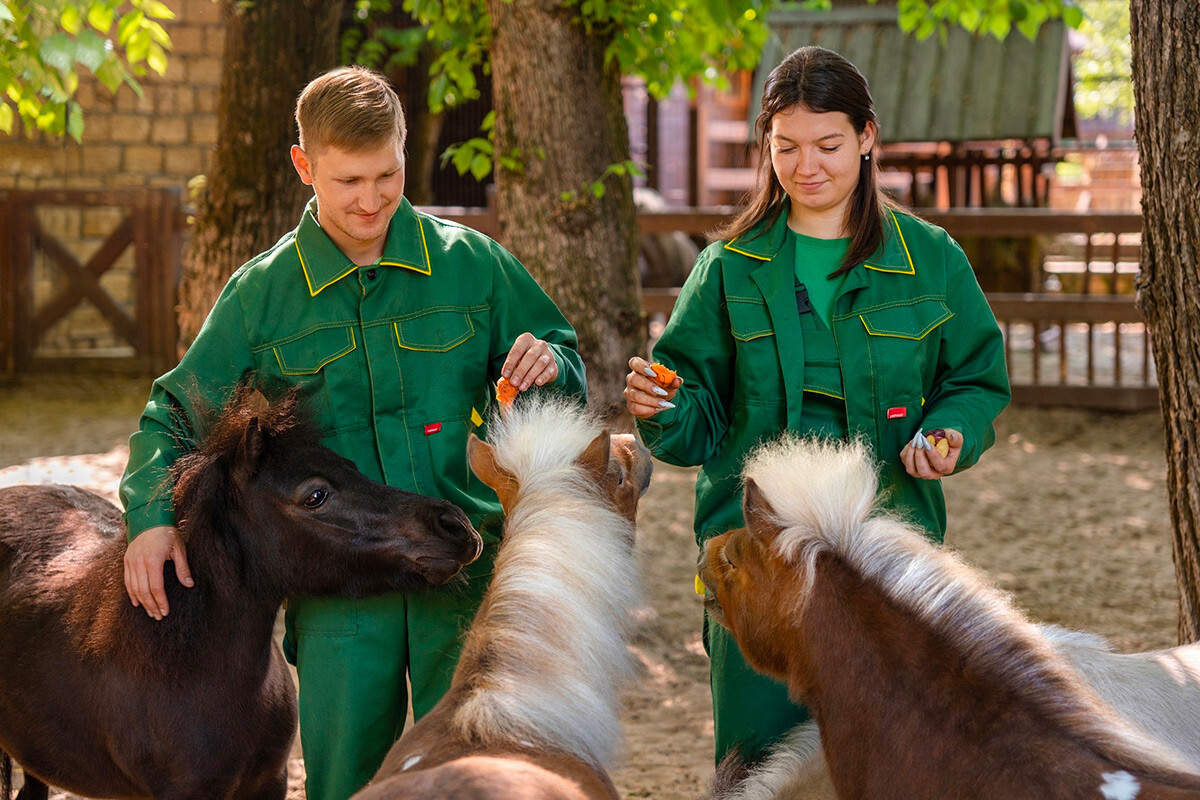
But the most amazing thing is – entrance to the park has always been free. This is a position of principle: it was not made for purely profits, as Kushnarenko assures. Loga is a social project. According to his son and co-owner Evgeny Kushnarenko, about one billion rubles has been already invested in the project, but the income from it doesn’t even cover the expenses on its maintenance.
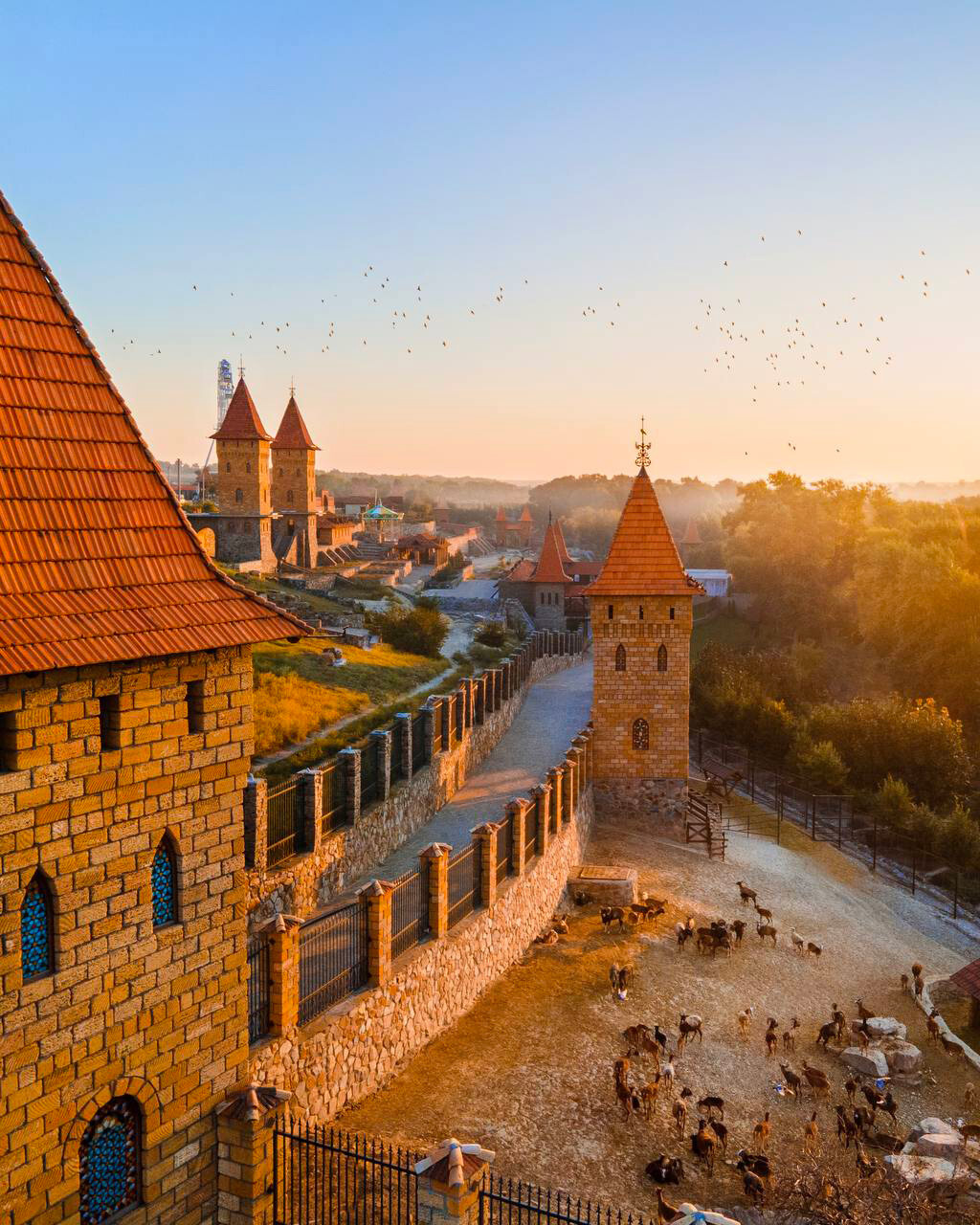
“It’s just that we live here – one could say, we began building this [park] for ourselves, but, in the end, it was for everybody. Now, it’s like a locomotive that has gained speed and is impossible to stop,” Kushnarenko says.

